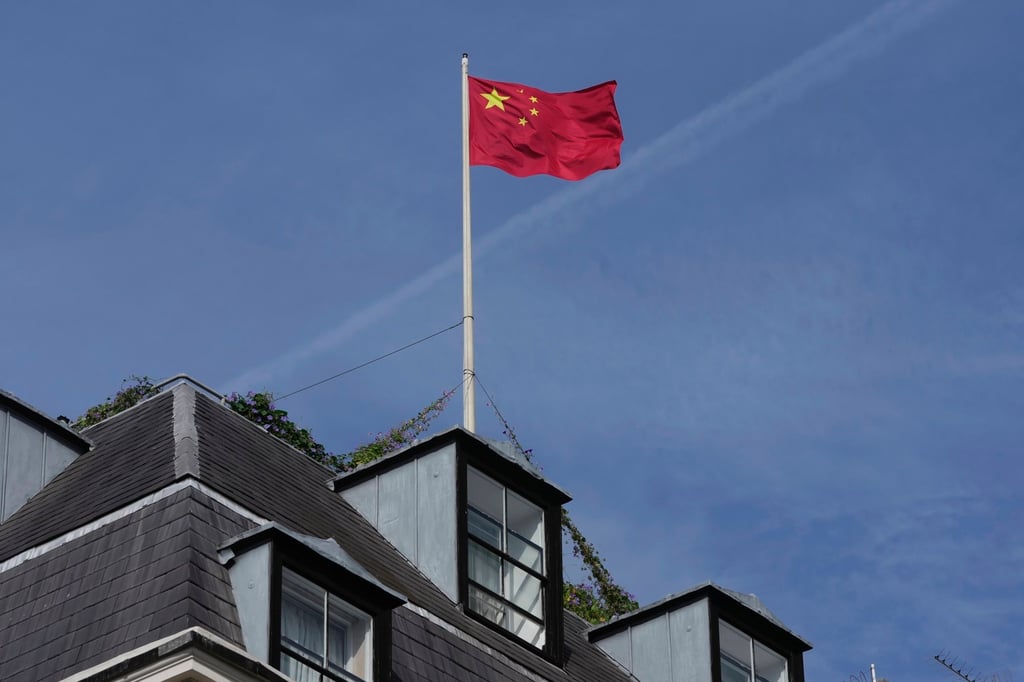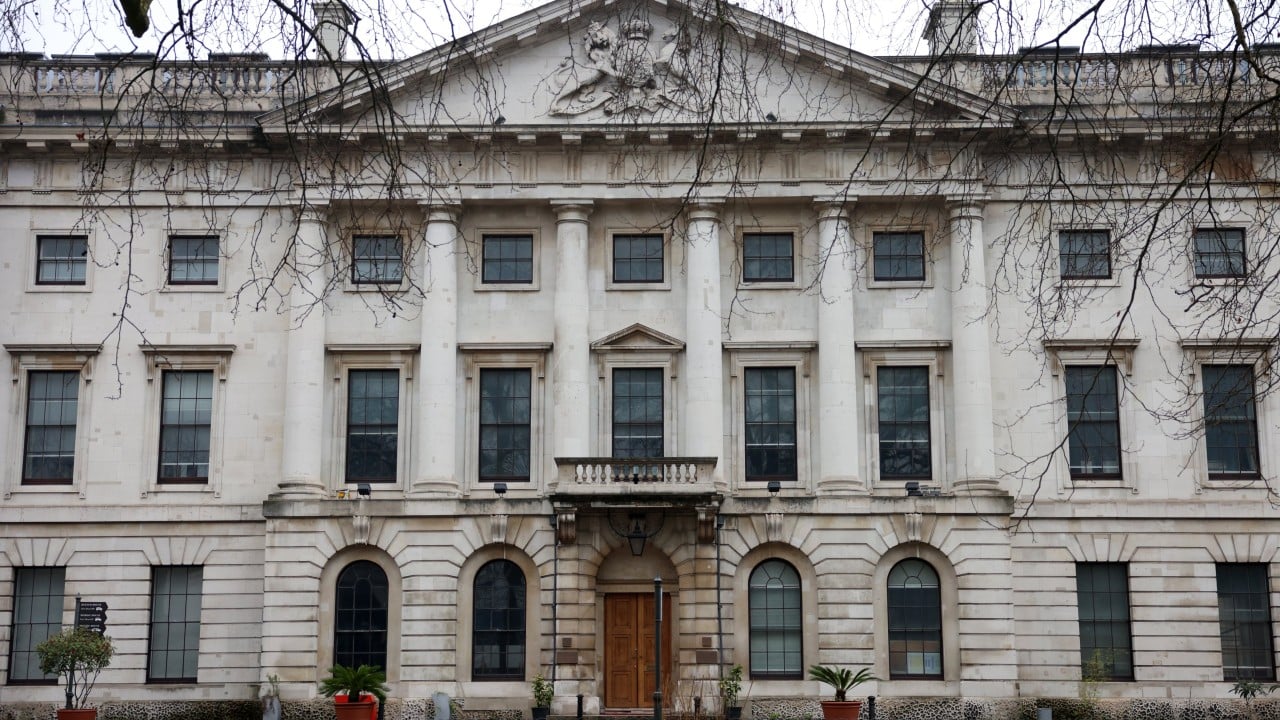In a world increasingly defined by digital diplomacy and virtual communication, the persistent struggle over bricks and mortar might seem like an old-fashioned skirmish.
Advertisement
However, the ongoing saga of China’s proposed new embassy in London, England, proves that physical buildings remain potent symbols of power, prestige and national ambition. The dispute over the diplomatic compound is more than just a planning row; it is a microcosm of the complex, often fraught relationship between the UK and China, and a revealing test of Britain’s domestic capacity and international standing.
For centuries, diplomatic buildings have been a powerful statement of a country’s prowess. These structures convey national ranking, cultural confidence and even taste. A new, large-scale embassy signifies a nation’s rising status and its commitment to a long-term presence in a host country.
The UK understands this well, though its recent history offers a cautionary tale. Some have accused Britain of “selling the family silver”, citing the disposal of prime diplomatic real estate for financial gain. The sale of its embassy in Bangkok, Thailand, for a record £420 million (US$569 million) in 2018, and a partial sale of its compound in Tokyo, Japan, for £685.7 million in 2022, have apparently been used to fund upgrades elsewhere. However, this short-term approach stands in stark contrast to China’s long-term focus on the art of diplomacy.
China’s planned embassy in London is slated to be located at the former Royal Mint site. The plan is to transform the historic five-acre plot into a state-of-the-art diplomatic hub. This project sends a clear double message. First, by committing to such a colossal presence, China signals that it considers London a critically significant global capital, a key partner in finance, trade and diplomacy. Second, the sheer scale and modernity of the proposed building project serve as a powerful visual metaphor for China’s rise as a global superpower.
Advertisement
The proposal has been met with some political opposition. Experts at the Centre for Strategic and International Studies have cited what they see as the national security risk of the embassy being on top of sensitive cables running through one of the world’s most important financial centres, though these concerns come off as spy paranoia.


